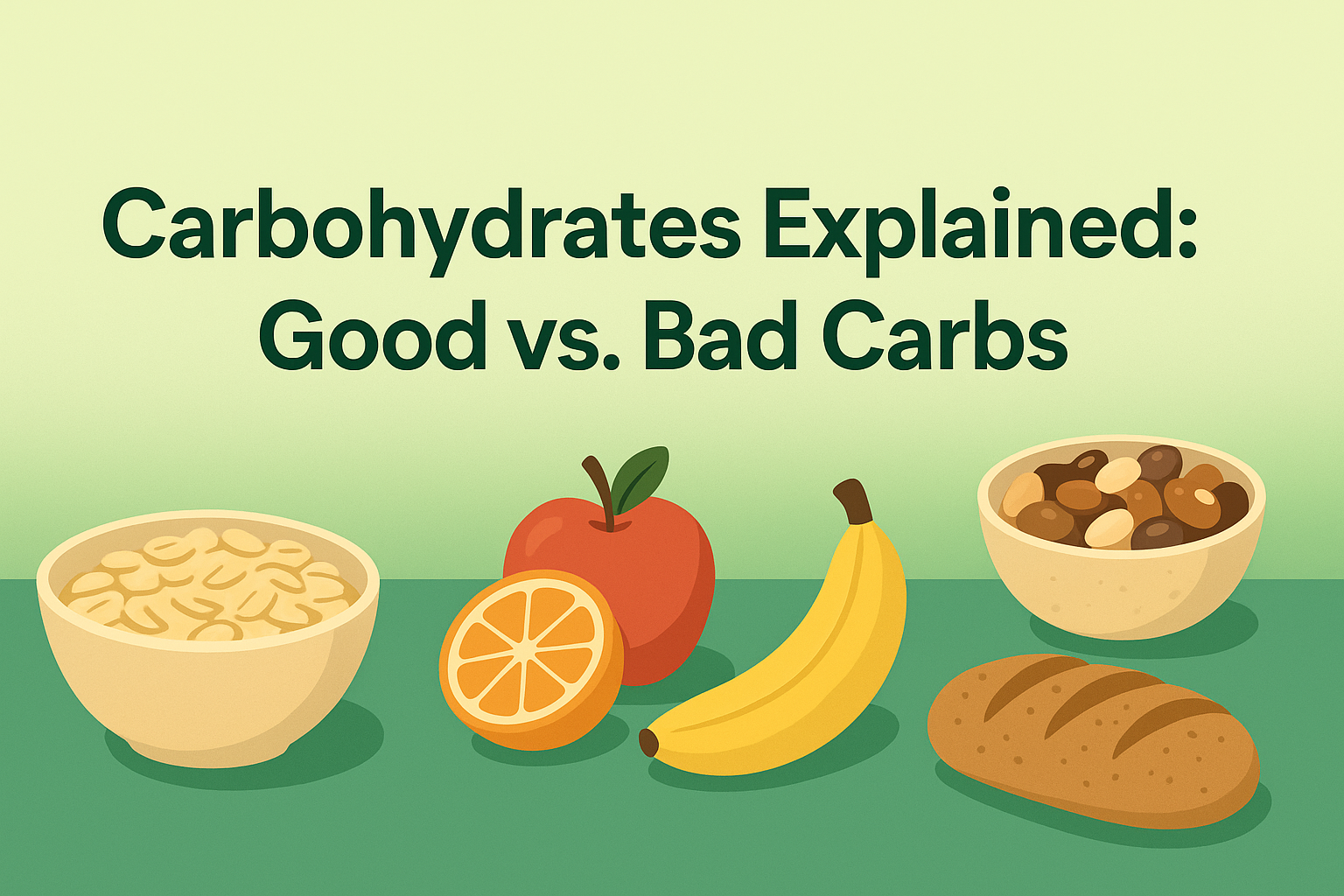Fats often get a bad rap, but not all fats are created equal. In this comprehensive fat nutrition guide, we’ll explore the different types of fats, highlight the advantages of healthy fats, and provide practical tips for incorporating more unsaturated fats into your diet.
Why Fats Matter in Your Diet
Fats are one of the three macronutrients essential for human health, alongside proteins and carbohydrates. Beyond simply providing energy, fats support:
- Cell Structure & Function: Every cell membrane comprises lipids, ensuring fluidity and permeability.
- Vitamin Absorption: Fat-soluble vitamins (A, D, E, and K) require dietary fats for proper uptake.
- Hormone Production: Cholesterol and other lipids serve as precursors for hormones.
- Brain Health: The brain is nearly 60% fat; essential fatty acids support cognitive function.
Types of Dietary Fats
Understanding fat categories is crucial for optimizing fat nutrition:
1. Unsaturated Fats
Known as the “good fats,” unsaturated fats can be further divided into:
- Monounsaturated Fats (MUFA): Found in olive oil, avocados, and nuts. MUFAs help lower LDL (bad) cholesterol and improve heart health.
- Polyunsaturated Fats (PUFA): Includes omega-3 and omega-6 fatty acids. Sources include fatty fish, flaxseeds, walnuts, and sunflower oil. Omega-3s are particularly beneficial for reducing inflammation and supporting brain function.
2. Saturated Fats
Saturated fats remain solid at room temperature and are found in animal products (butter, cheese, fatty meats) and certain tropical oils (coconut, palm). While not inherently harmful, excessive intake can raise LDL cholesterol levels.
3. Trans Fats
Artificial trans fats—created through hydrogenation—are present in many processed foods. These fats can increase bad cholesterol and inflammation, contributing to heart disease and should be avoided.
Benefits of Healthy Fats
Incorporating healthy fats into your diet offers numerous advantages:
- Cardiovascular Health: MUFAs and PUFAs help lower LDL cholesterol and raise HDL cholesterol, reducing heart disease risk.
- Improved Satiety: Fats slow gastric emptying, making you feel full longer and aiding weight management.
- Enhanced Nutrient Absorption: Fat-soluble vitamins A, D, E, and K require dietary fats for optimal absorption.
- Anti-Inflammatory Effects: Omega-3 fatty acids help modulate inflammatory pathways.
How Much Fat Do You Need?
According to dietary guidelines, fats should comprise 20–35% of total daily calories. Focus on replacing saturated and trans fats with unsaturated fats:
- 20–35% of Calories from Fat: For a 2,000-calorie diet, that equals roughly 44–78 grams of fat per day.
- Limit Saturated Fats: Keep saturated fats under 10% of total calories.
- Avoid Trans Fats: Aim for 0 grams of artificial trans fats.
Incorporating Healthy Fats into Your Meals
- Dress Your Salads: Use olive oil or avocado oil-based vinaigrette instead of creamy dressings.
- Snack on Nuts & Seeds: A handful of almonds, walnuts, or pumpkin seeds offers MUFAs and PUFAs.
- Add Fatty Fish: Include salmon, mackerel, or sardines at least twice a week for omega-3s.
- Use Nut Butters: Spread almond or peanut butter on whole-grain toast or fruit slices.
- Cook with Oil Wisely: Choose oils with higher smoke points like avocado oil for cooking, and reserve olive oil for low-heat uses.
Conclusion
Understanding and prioritizing healthy fats is essential for optimal fat nutrition and overall well-being. By focusing on unsaturated fats, limiting saturated fats, and avoiding trans fats, you can support heart health, enhance nutrient absorption, and enjoy lasting satiety. Start incorporating these simple swaps today to reap the benefits of quality dietary fats.

